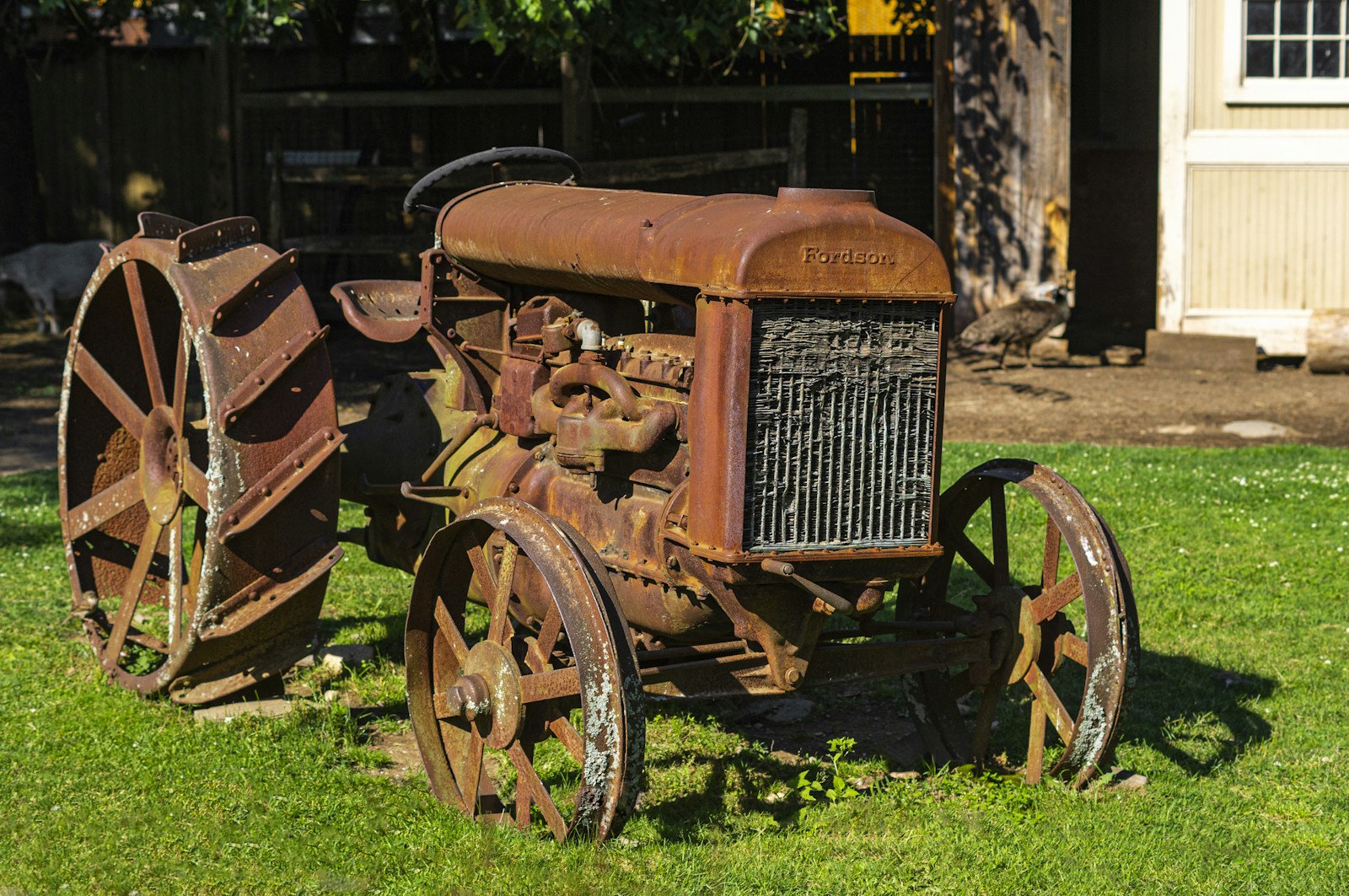
maquinaria

machinery
The word 'maquinaria' in Spanish translates to 'machinery' in English. The term refers to machines, either collective or functioning together as a system, used in an industrial or manufacturing setting. Whether complex or simple, indices or heavy-duty, the aim of machinery is to aid in automating tasks and processes thereby making production and other industrial activities more efficient. Examples of machinery can include everything from a sewing machine to large-scale industrial equipment.
Example sentences using: maquinaria
La maquinaria está funcionando sin problemas.

The machinery is running smoothly.
This sentence is in the present simple tense. The auxiliary verb 'está' indicates the ongoing action describing the current state of the 'maquinaria' (machinery).
Necesitamos actualizar nuestra maquinaria para mejorar la producción.

We need to update our machinery to improve production.
This sentence is structured in such a way that it communicates a need or requirement ('Necesitamos'). The verb 'actualizar' is an action we need to do to 'nuestra maquinaria' (our machinery) in order to 'mejorar la producción' (improve production).
La maquinaria de la fábrica es antigua pero confiable.

The factory's machinery is old but reliable.
This sentence uses the conjunction 'pero' (but) to contrast two qualities of the 'maquinaria de la fábrica' (factory's machinery). It is both 'antigua' (old) and 'confiable' (reliable).